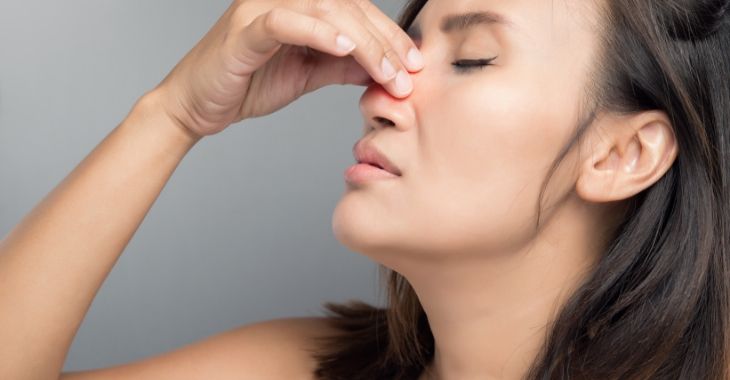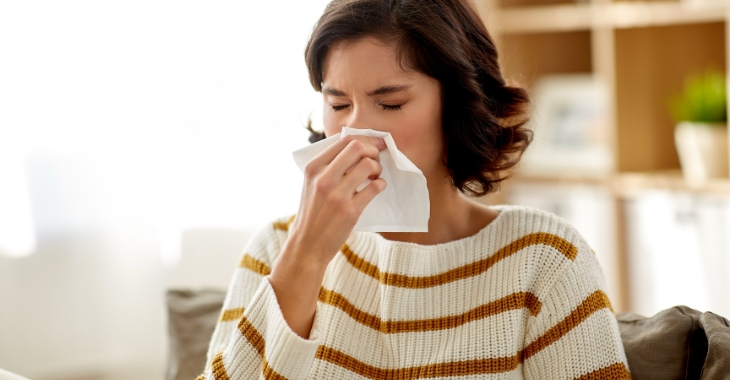Are Nasal Polyps Affecting Your Sinuses?

If you have constant stuffiness in your nose or trouble with nasal breathing, you could have nasal polyps. These non-cancerous growths can restrict air flow in the nasal passages and sinuses, causing a variety of symptoms. If nasal polyps begin causing sinus issues or other nasal problems, there are treatment solutions. Here is what you need to know about nasal polyps and what can be done to improve your breathing, comfort and health.
What Causes Nasal Polyps?
Nasal polyps are small growths that can appear inside the nasal or sinus passages. They are more common in those with asthma or certain types of allergies but can occur without any known trigger. While nasal polyps are painless, they can limit air flow and cause other symptoms. People with nasal polyps can experience:
- Restricted nasal breathing
- Constant nasal stuffiness or facial pressure
- Persistent nasal draining
- Loss of smell
- Chronic sinusitis
Nasal polyps usually occur on both sides of the nose and sinuses. As more growths appear, the level of discomfort can increase.
Treatment for Nasal Polyps
If nasal polyps are causing chronic sinusitis or sinus infection, it may be recommended to either have them removed or consider other options. Surgical removal can be performed but often a less invasive treatment is a better solution. Balloon sinuplasty, an outpatient procedure, can be used to enlarge the sinus passages to improve air flow and breathing. This can also reduce sinus problems and offer relief without removing the nasal polyps.
If you suffer from sinus or breathing issues caused by nasal polyps, consult a sinus specialist to discuss treatment options. Balloon sinuplasty or polyp removal may be the best option to offer you relief.
Posted on behalf of:
New York Sinusitis Treatment
Columbus Circle Office
200 W. 57th Street Suite 1410
New York, NY 10019
(212)784-6643
The information provided on this website, including text, graphics, images, and other materials, is intended solely for informational purposes and should not be used as a substitute for professional medical advice, diagnosis, or treatment.


)